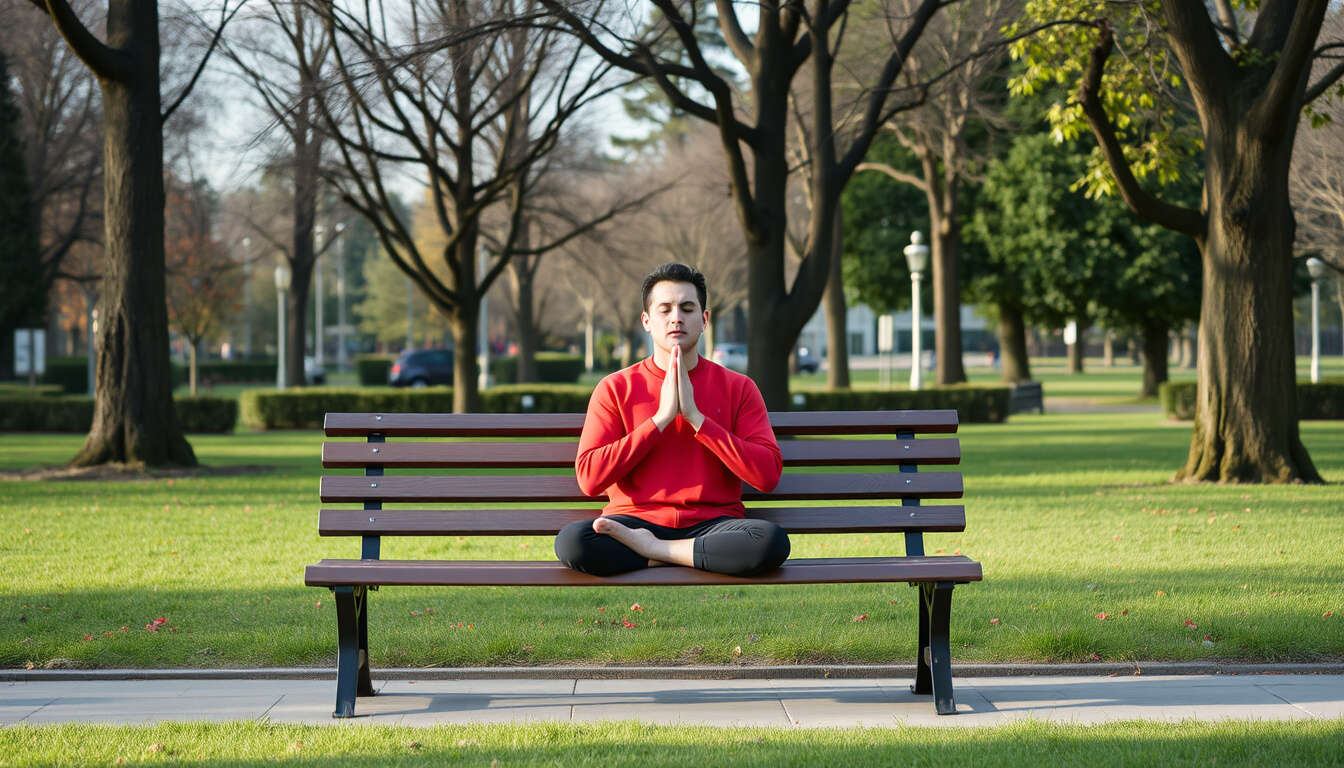Daily Routines for Anxiety Reduction in Social Phobia
 by Thaddeus Blanda
by Thaddeus Blanda
Discover simple daily routines to ease anxiety from social phobia, helping you manage fear of judgment and build confidence in everyday interactions. Learn practical steps for emotional well-being and gradual progress in social settings, making life more manageable and fulfilling.

Many people face the daily struggle of social phobia, where everyday interactions can feel overwhelming. social phobia often involves intense worry about being judged, leading to avoidance of social situations. This can affect personal relationships and professional opportunities, making it hard to enjoy life fully.
One key challenge is low self-esteem, which feeds into a cycle of anxiety. For instance, someone might skip gatherings or meetings due to fear that others will notice their nervousness. Over time, this avoidance behavior can isolate individuals and limit growth. Recognizing these patterns is the first step toward change.
To counter this, incorporating daily routines for anxiety reduction can make a real difference. Start with simple activities like deep breathing exercises each morning. These practices help calm the mind and reduce physical symptoms of anxiety. anxiety reduction routines, such as spending 10 minutes on mindfulness, can create a sense of control.
Building a routine might include journaling thoughts at the end of the day. This allows reflection on positive experiences and challenges, fostering a more balanced view of oneself. Emotional challenges like fear of judgment often lessen when you track small wins, such as speaking up in a low-pressure conversation.
Therapy options provide additional support. Cognitive behavioral therapy, for example, teaches ways to reframe negative thoughts. By working with a therapist, individuals can address root causes of social phobia and develop tools for long-term management.
Exposure techniques are another helpful strategy. These involve facing fears gradually, like starting with a short chat with a friend before attending larger events. Over time, this builds resilience and reduces avoidance behavior.
Here are some small steps to integrate into your daily life:
- Begin with five minutes of relaxation each morning to set a positive tone.
- Practice positive affirmations to counter low self-esteem.
- Schedule one social activity per week, starting small to build confidence.
- End the day with a walk to unwind and reflect.
These routines not only address immediate anxiety but also promote overall mental health. By taking consistent steps, progress becomes achievable, turning overwhelming feelings into manageable ones. Remember, everyone moves at their own pace, and each small effort counts toward a more connected life.
In professional settings, reducing anxiety can lead to better performance and opportunities. For example, preparing for meetings with role-playing at home can ease the pressure. As you implement these changes, you'll notice improvements in both personal and work life, creating a foundation for lasting well-being.
